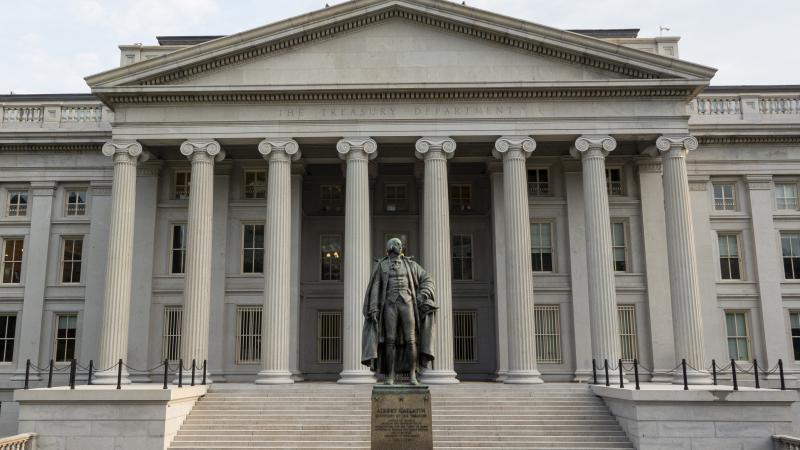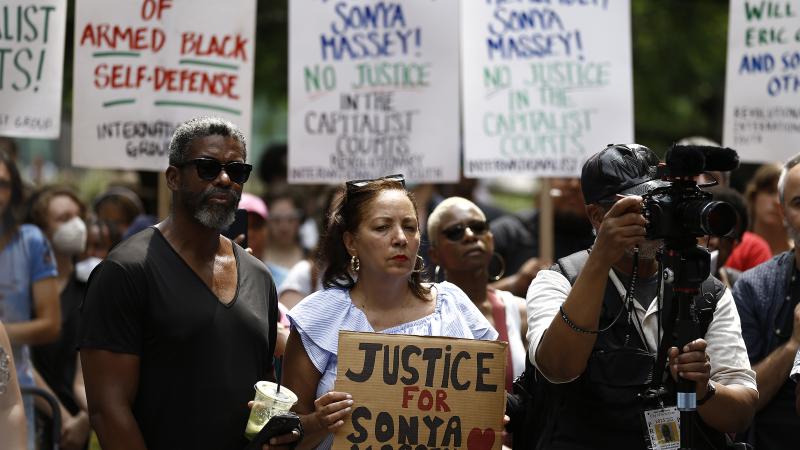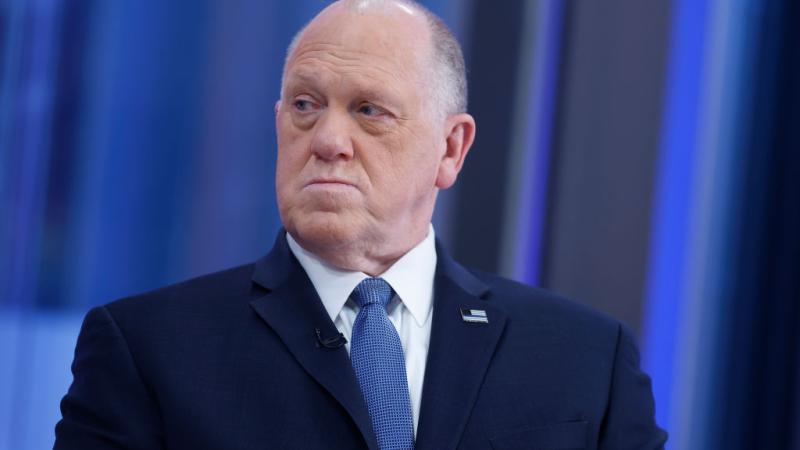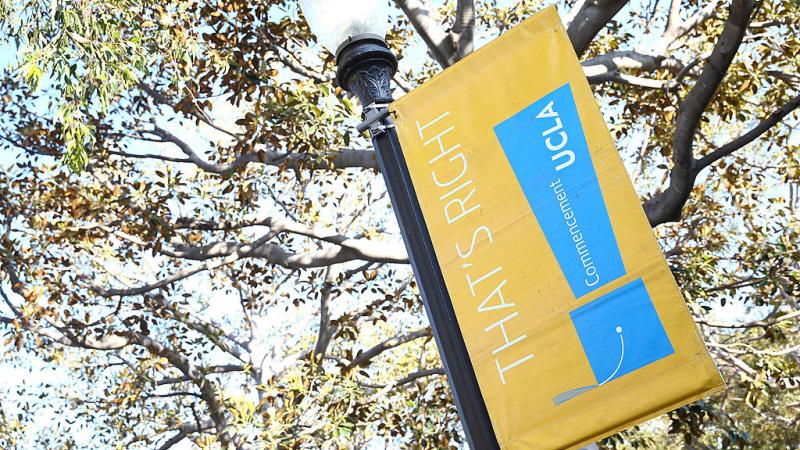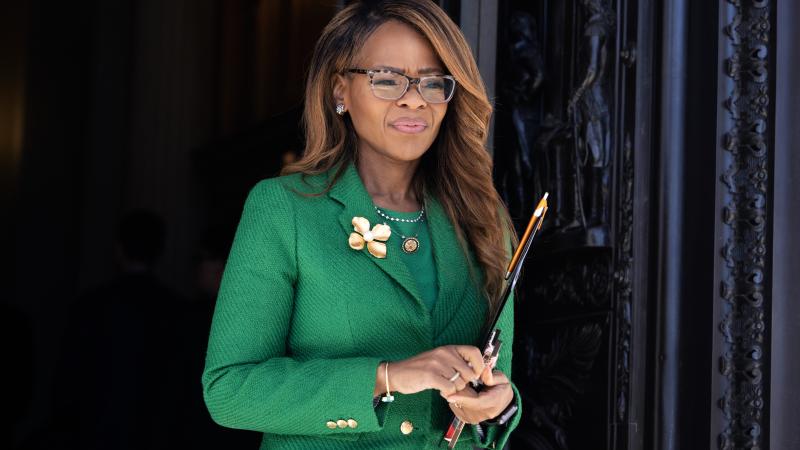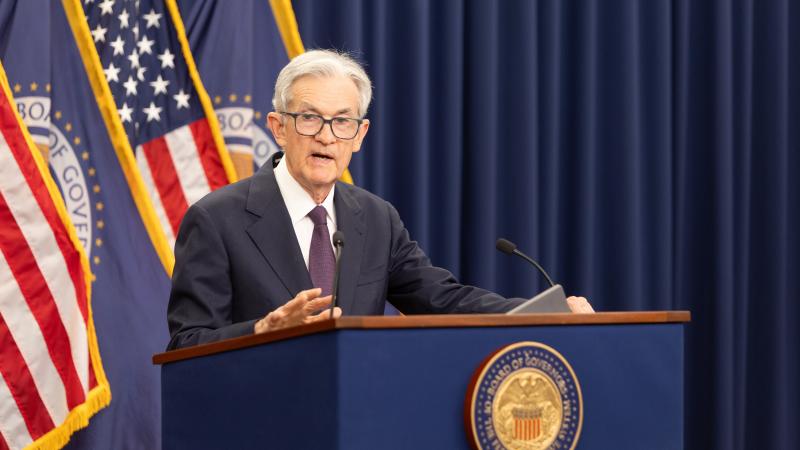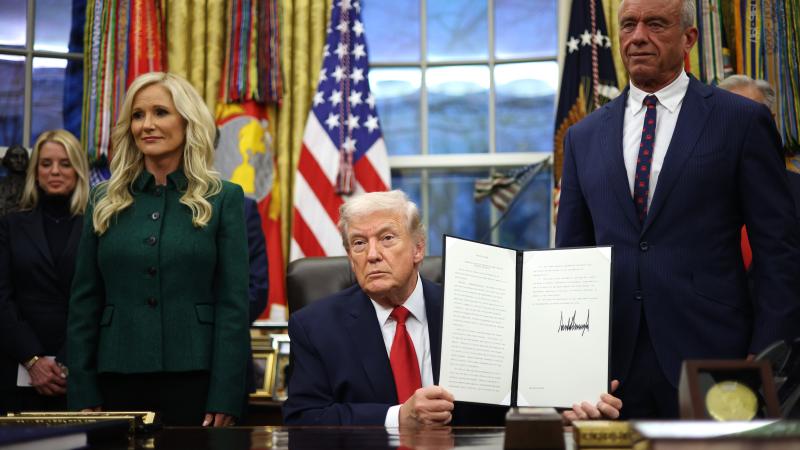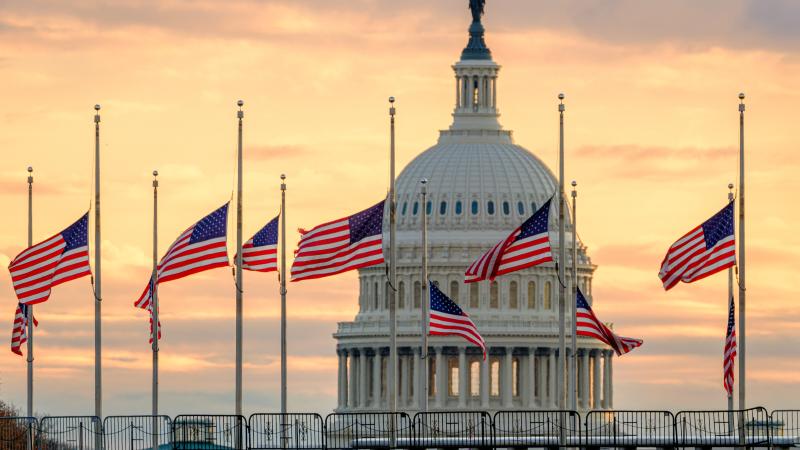Supreme Court to consider Trump request to implement plan to limit birthright citizenship
The high court's nine justices, in a rare May session, will hear oral arguments in the case, which centers on the Trump administration's attempt to narrow three lower court orders blocking Trump from ending birthright citizenship
The Supreme Court will on Thursday consider whether to allow President Donald Trump's interpretation of the Constitution's guarantee of birthright citizenship to go into effect while lower-court litigation on the matter continues.
The high court's nine justices, in a rare May session, will hear oral arguments in the case, which centers on the Trump administration's attempt to narrow three lower court orders blocking Trump from ending birthright citizenship. If administration lawyers are successful, the ruling would limit the scope of nationwide injunctions that blocked the plan almost as soon as it was announced in January, according to CBS News.
However, the high court is not examining the legality of the president's birthright citizenship executive order, which seeks to deny U.S. citizenship to children born to a mother or father who are in the U.S. unlawfully or on a temporary basis.
They are more narrowly addressing the Trump administration's argument that district court judges overseeing three legal challenges to the president's policy lacked the authority to issue sweeping injunctions that extend beyond the parties involved in the litigation.
The plaintiffs in the lower court suits are 22 states, two organizations and seven individuals. The Trump Justice Department is pushing for the injunctions to apply only to them.
A decision from the Supreme Court in favor of the administration could allow it to partially enforce the birthright citizenship measure while the litigation proceeds but not enforce it against the plaintiffs, CBS also reports.
